Health & Wellbeing
- Filter by
- Categories
- Tags
- Authors
- Show all
- All
- Acorns
- Aggression
- Aggressive horse
- Allergies
- America
- Anatomy of Horse
- Archery
- Are horses intelligent?
- Are horses mammals?
- Are horses native to America?
- Are horses native to the UK?
- Are horses omnivores?
- Are horses ruminants?
- Arthritis
- Aslike clover
- Bananas
- Barefoot horse
- Beginner
- Behavior problems
- Belladonna
- Bending
- Bending Exercise's
- Benefits of Cod Liver Oil Horses
- Benefits of Devils Claw Horses
- Benefits of Garlic Horses
- Benefits of Turmeric Horses
- Bit Types
- Bits
- Black cherry
- Black walnut shavings
- Blue bells
- Body Parts of a Horse
- Bones of a Horse
- Bracken fern
- Bread
- Breastplate
- Bridle
- Bridle Parts
- Bridle Types
- Broccoli?
- Buttercups
- Can horses eat bananas?
- Can horses eat bread?
- Can horses eat broccoli?
- Can horses eat oranges?
- Can horses eat parsnips?
- Can horses eat potatoes?
- Can horses see colour?
- Canter
- Charlock
- Cherry trees
- Chokecherry
- Cleaning sheath
- Clicker Training
- Cold Weather
- Colic
- Conker's
- Cooler rug
- Create your own Boots
- Curly dock
- Cushings Disease
- Daffodils
- Deadly nightshade
- Diseases
- Disrespectful
- Do horses sleep?
- Do horses sweat?
- Dressage
- Dressage Maneuvers
- Eating habits
- Electric Fencing
- Energy
- Equine
- Eventing
- Farrier
- Fear
- Feed
- Feeding my horse
- Field management
- Field mustard
- Fire cherry
- Firethorn
- Food Aggression
- Foxgloves
- Frog Trimming
- Gallop
- Gelded late
- Girth Types
- Girths
- Golden chain
- Grass glands
- Grooming
- Hacking
- Hawkweed
- Hawthorn
- Hay
- Haylage
- Healing
- Health
- Healthy Horse
- Hedging
- Hemlock
- Herd Behavior
- Hi Vis
- Highway Code
- History of Horse Riding
- Hock
- Hoof Abscess
- Hoof Boots
- Hoof care
- Hoof Problems
- Hooved Mammals
- Horse Bedding
- Horse Boots
- Horse Breeds
- Horse Bridle
- Horse chesnut tree
- Horse dentist
- Horse Fencing
- Horse Food
- Horse Forage
- Horse Gait
- Horse muscles
- Horse Nutrients
- Horse Paddock
- Horse Paddocks
- Horse pain relief
- Horse Play
- Horse Riding Benefits
- Horse sight
- Horse sweating
- Horse swimming
- Horseback Archery
- Horses
- Horses food
- Horsetail plant
- Hunting
- Hyperextension Ligaments
- Injection
- Injury
- Ivy
- Jumping
- Laburnum
- Lameness
- Laminitis
- Larkspur
- Laurel
- Left handed
- Leg Protection Horses
- Leg sores
- Lily of the valley
- Magnetic Band
- Mammals
- Maple trees
- Mare
- Mare & Foal
- Martingale
- Mastitis
- Meadow saffron
- Meditation
- Mental Health
- Mistletoe
- Monkshood
- Mounting
- Mud fever
- Muscle Anatomy of Horse
- Mutual grooming
- Native
- Natural Remedy
- Naughty
- New to Horses
- Nosebands
- Novice
- Numnah
- Nutrition
- Omnivores
- Oranges
- Organ Anatomy of a Horse
- Organs Horses
- Paddock Fencing
- Paddock Sizes
- Parelli
- Parsnips
- Parts of a Horse
- Peach tree
- Pear trees
- Performance problems
- Phobia
- Pigweed
- Play
- Plum tree
- Poisoning
- Poisonous plants
- Pole work
- Poles
- Polework
- Polo
- Potatoes
- Privet
- Protection
- Prunus species
- Racing
- Ragweed
- Ragwort
- Reiki
- Respiratory problems
- Rhododendron
- Riding & Road Safety
- Right handed
- Road Leading
- Road Safety
- Saddle
- Saddle Cloth
- Saddle pad
- Saddle Parts
- Safety on the road
- Schooling
- Shavings
- Sheath
- Shoeing horses
- Show Jumping
- Showing
- Skeletal Anatomy of a Horse
- Skeleton of a Horse
- Skin condition
- Sleep Deprivation
- Sleep horse
- Snow
- Spring horses
- Springtime Problems
- St johns wort
- Stable size
- Stabled Nightmare
- Stabling
- Stallion behaviour
- Stirrup Leather Types
- Stirrup Leathers
- Stirrup Types
- Stirrups
- Sweet itch
- Swollen glands
- Swollen Tits Mare
- Sycamore
- Tack
- Tack Problems
- Teeth
- Tellington Touch
- Therapeutic Shoeing
- Therapy
- Thrush
- Tooth Problems
- Training
- Trauma
- Trekking
- Trot
- Trotting poles
- TT
- Types of Martingales
- Uses for Martingales
- Uses of Bits
- Vet
- Vetch
- Vulnerable Road Users
- Walk
- Walking Horse on Roads
- Walnut poisoning
- Water Horses
- Water Requirements Horses
- Western
- Western Riding
- Wild Horses
- Wisteria
- Worm Count
- Worming
- Worms
- Yew
January 25, 2023
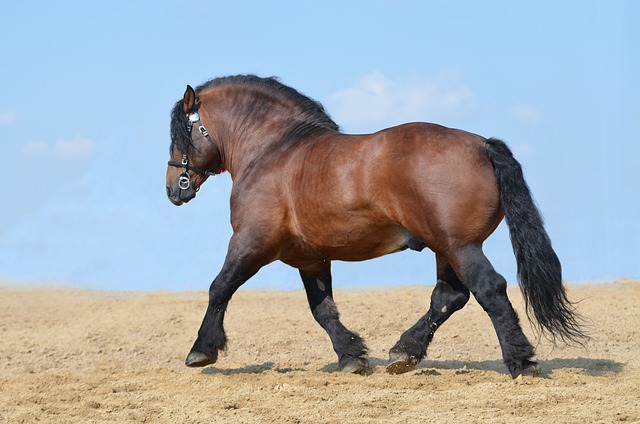
Published by horsesdaily on January 25, 2023
Categories
Sheath cleaning is an important part of grooming and maintaining the health of your horse. The sheath is the tube of skin that surrounds and protects […]
January 27, 2023
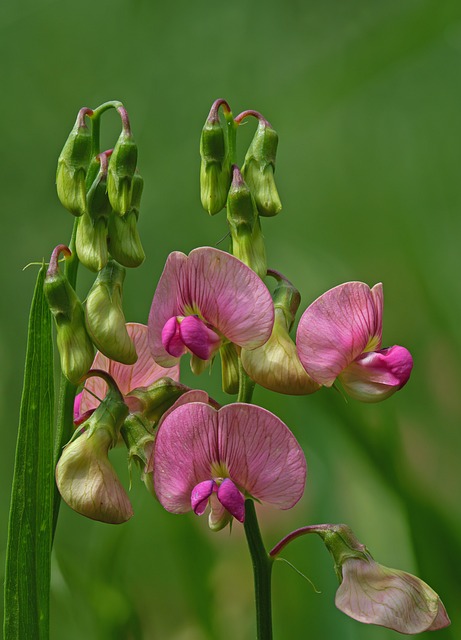
Published by horsesdaily on January 27, 2023
Categories
Vetch is a type of legume that is commonly used for forage and erosion control in horse pastures. There are several different types of vetch, each […]
January 25, 2023
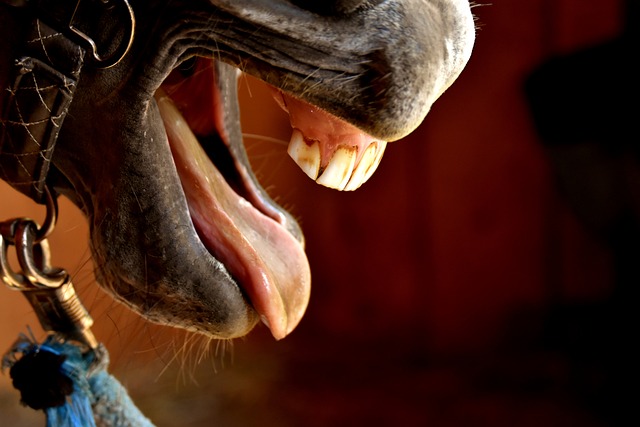
Published by horsesdaily on January 25, 2023
Categories
Proper dental care is important for horses to maintain good health and avoid dental problems. Just like humans, horses can develop issues with their teeth, such […]
January 25, 2023
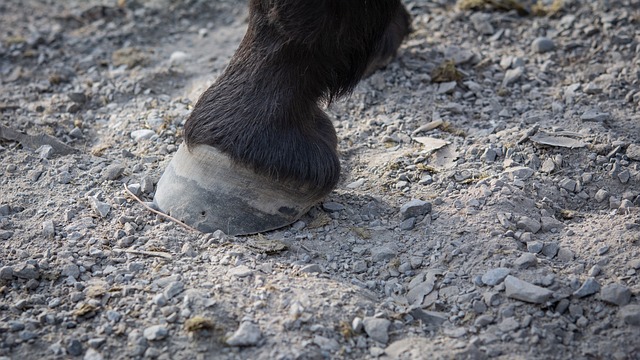
Published by horsesdaily on January 25, 2023
Categories
Hoof boots are a type of protective footwear for horses that are designed to fit over the horse’s hooves and provide support and protection. They are […]
April 24, 2023
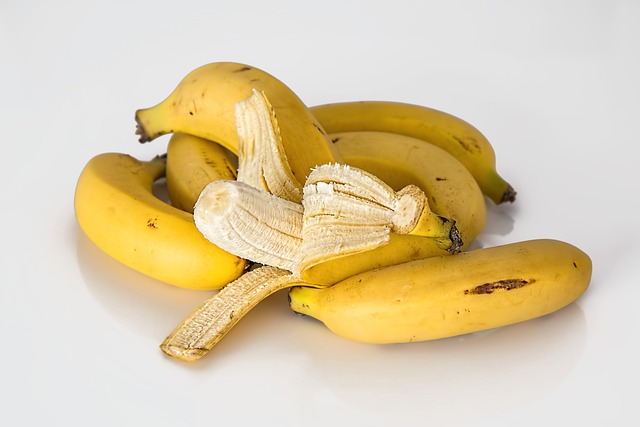
Published by horsesdaily on April 24, 2023
Categories
Yes, horses can eat bananas! Bananas are actually a healthy treat for horses in moderation. They contain potassium, fiber, and other nutrients that can be beneficial […]
February 2, 2023
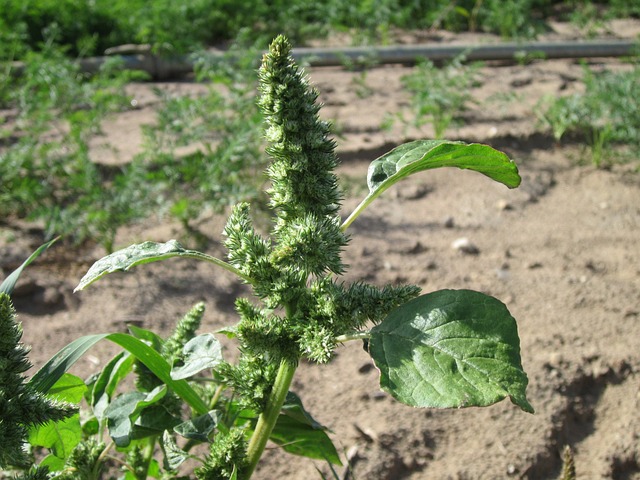
Published by horsesdaily on February 2, 2023
Categories
Pigweed, also known as redroot pigweed or common amaranth, is a weed commonly found in the UK and other parts of the world. While it is […]
January 25, 2023
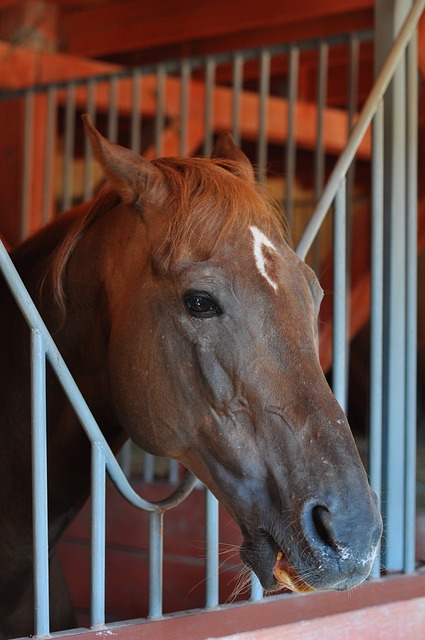
Published by horsesdaily on January 25, 2023
Categories
If you have a horse that is a nightmare to stable, it can be frustrating and stressful for both you and your horse. Here are a […]
February 1, 2023
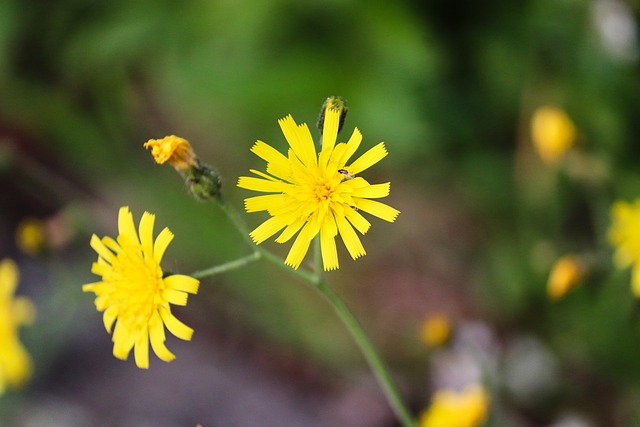
Published by horsesdaily on February 1, 2023
Categories
Hawkweed: A Common UK Plant with Potentially Deadly Effects on Horses Hawkweed (Hieracium spp.) is a common plant found in pastures, meadows, and waste areas throughout […]
April 17, 2023
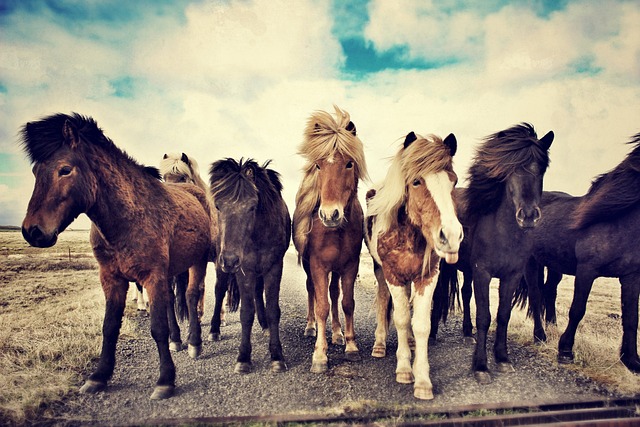
Published by horsesdaily on April 17, 2023
Categories
For those new to horseback riding, choosing the right breed of horse can make all the difference. Different breeds have different temperaments, physical characteristics, and ease […]
February 1, 2023
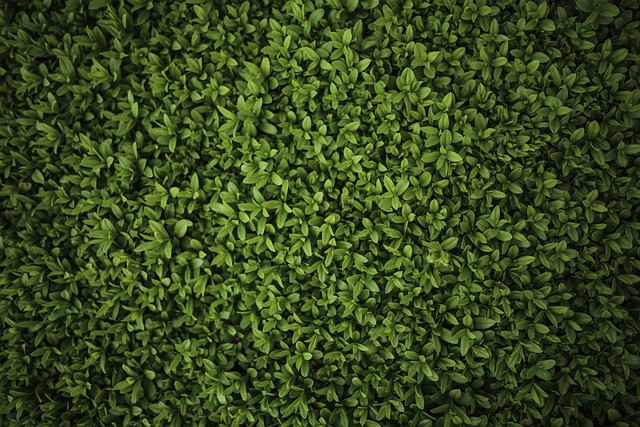
Published by horsesdaily on February 1, 2023
Categories
Privet is a commonly grown ornamental plant that can be toxic to horses if ingested. The toxic compounds found in privet, known as glycosides, can cause […]
March 16, 2023
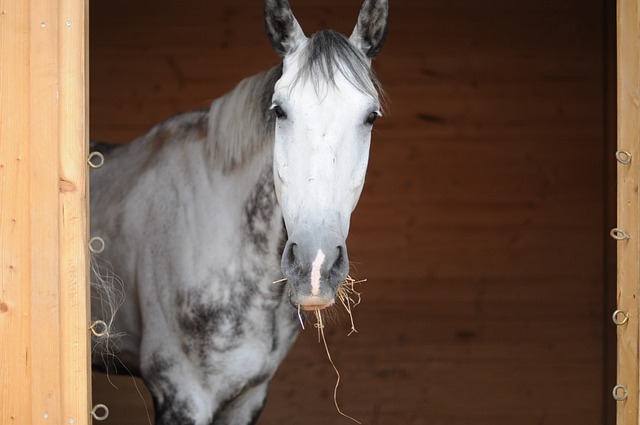
Published by horsesdaily on March 16, 2023
Categories
While horses may nibble on straw bedding, it is generally not recommended as a significant source of nutrition for them. Straw is low in nutritional value […]
March 16, 2023
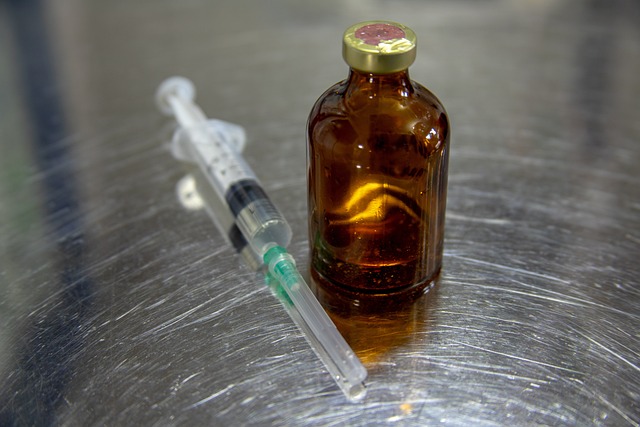
Published by horsesdaily on March 16, 2023
Categories
It is not uncommon for a horse to resist putting their head down after an injection. This can be due to a few different factors: If […]
April 17, 2023

Published by horsesdaily on April 17, 2023
Categories
In ancient times, it was primarily used as a means of transportation and warfare, but over time it has evolved into a popular sport and leisure […]
January 27, 2023
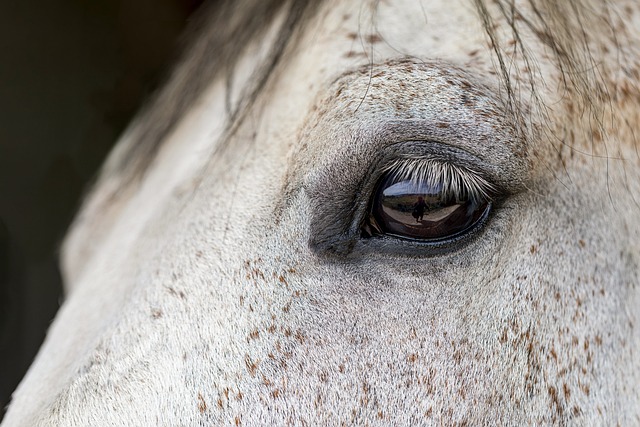
Published by horsesdaily on January 27, 2023
Categories
Equine assisted meditation is a therapeutic technique that involves working with horses to facilitate a state of mindfulness and relaxation. This practice can have a number […]
January 25, 2023
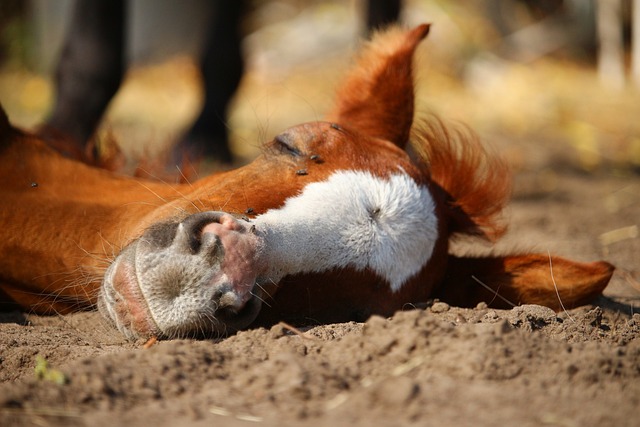
Published by horsesdaily on January 25, 2023
Categories
Horses are known for their ability to sleep standing up, which enables them to remain alert and ready to flee from predators. However, they also need […]
February 1, 2023
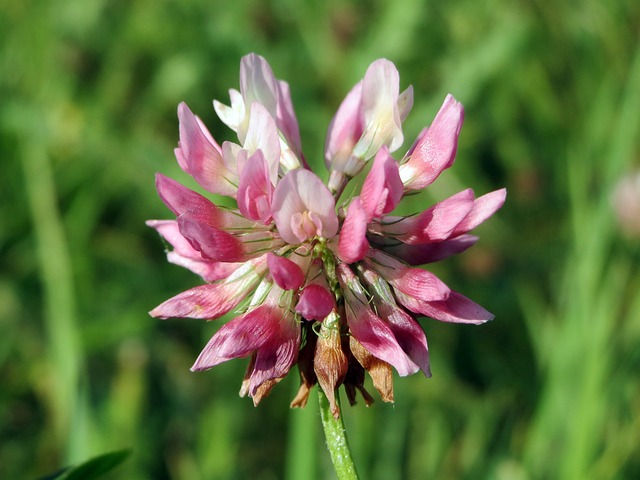
Published by horsesdaily on February 1, 2023
Categories
Alsike clover is a species of clover that is commonly found in the UK and is often used as a forage crop for horses. While Alsike […]
January 25, 2023
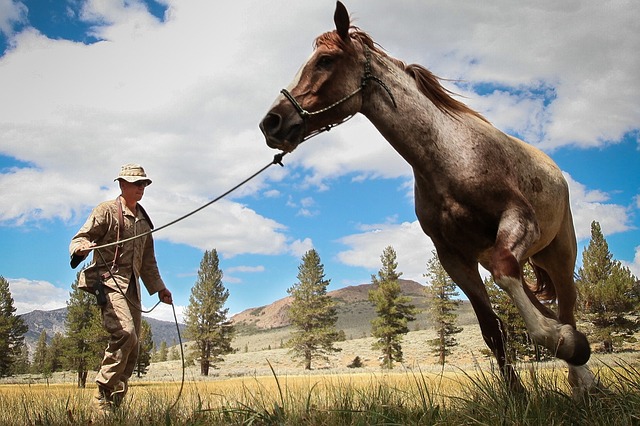
Published by horsesdaily on January 25, 2023
Categories
Disrespectful horse behaviors, such as disobedience, stubbornness, and lack of attention, can be frustrating and even dangerous for riders and handlers. These behaviors can be caused […]
February 2, 2023
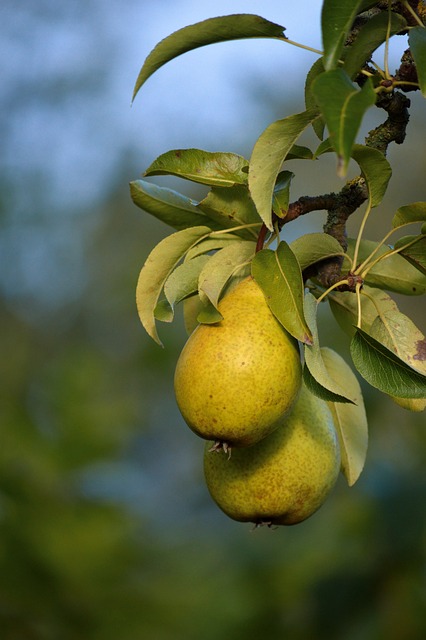
Published by horsesdaily on February 2, 2023
Categories
Pear trees are a common sight in the UK, and are grown both for their fruit and as ornamental trees. While pears themselves are not toxic […]
April 24, 2023
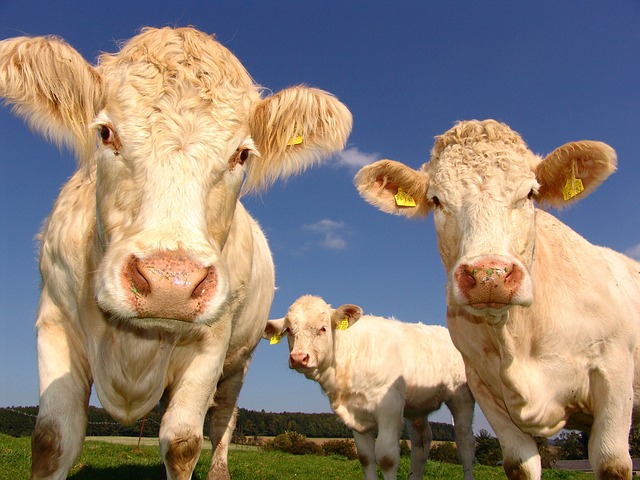
Published by horsesdaily on April 24, 2023
Categories
No, horses are not ruminants. Ruminants are a group of mammals that have a specialized stomach with four compartments that allow them to digest fibrous plant […]
February 2, 2023
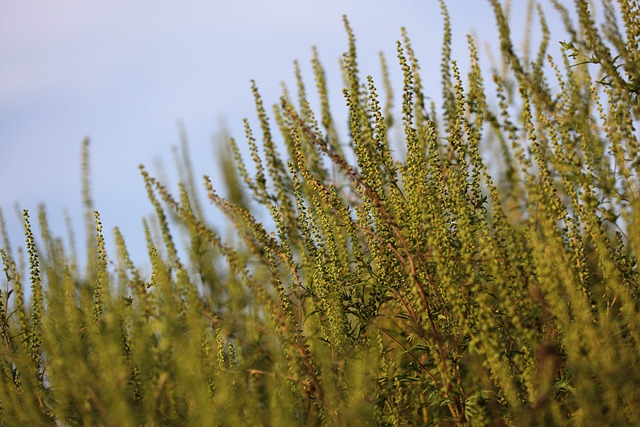
Published by horsesdaily on February 2, 2023
Categories
Ragweed is a weed commonly found in the UK and other parts of the world. While it is not commonly known to be toxic to horses, […]
